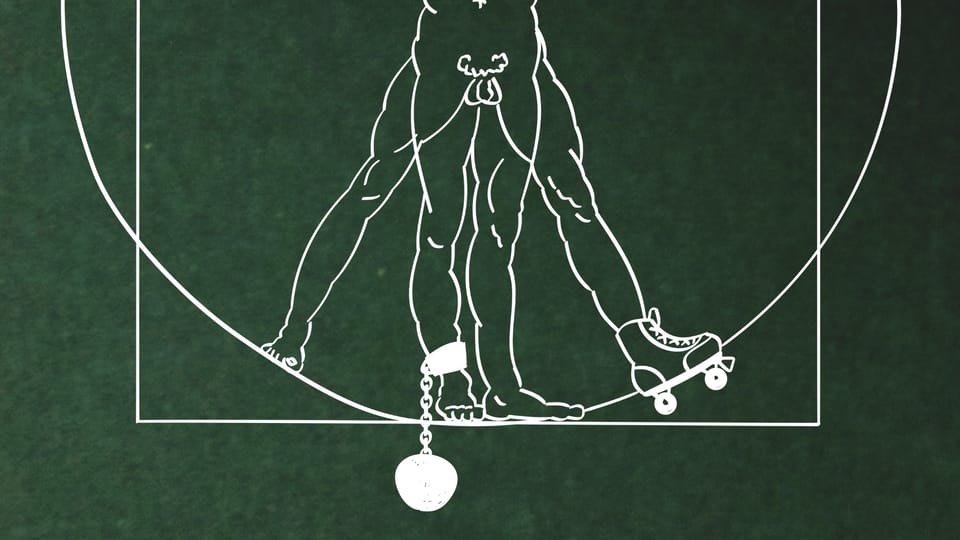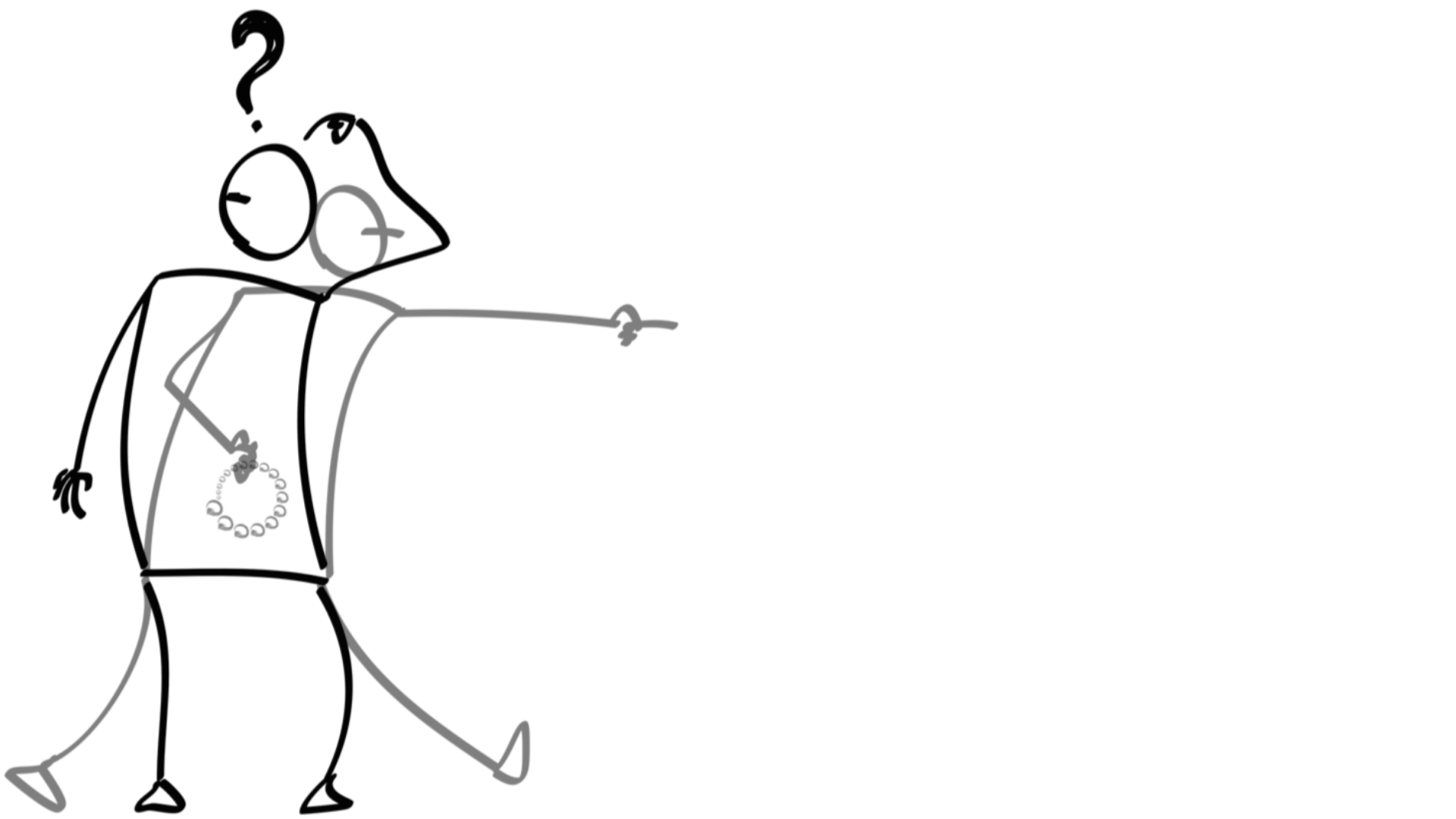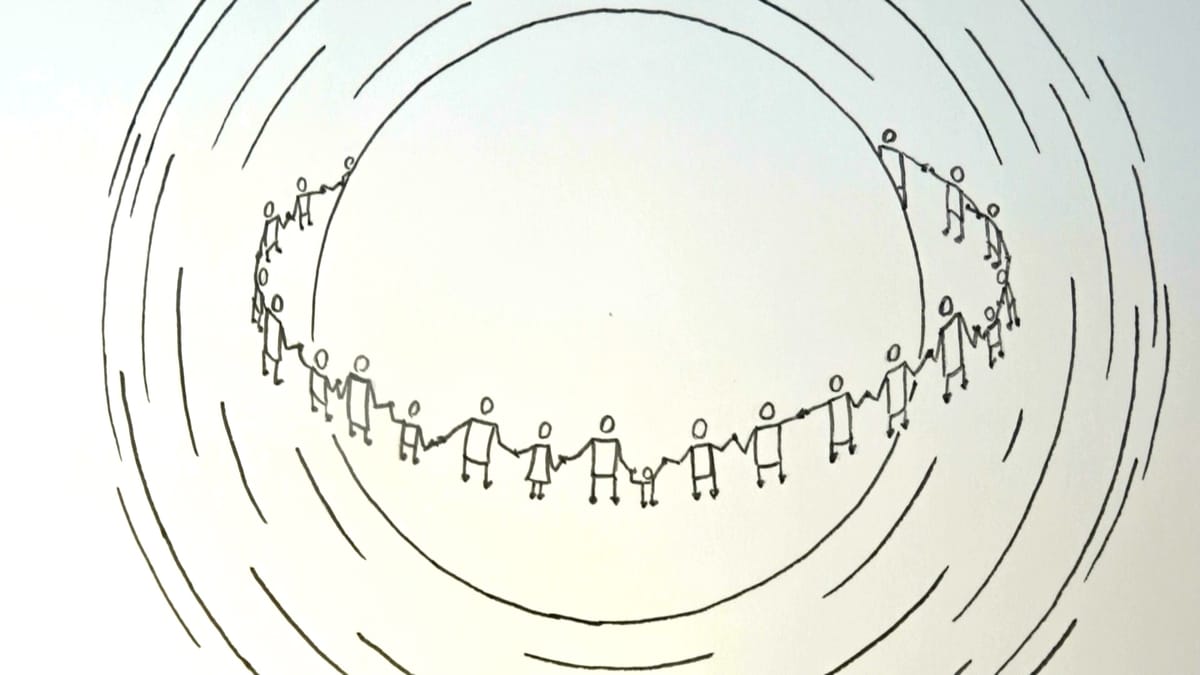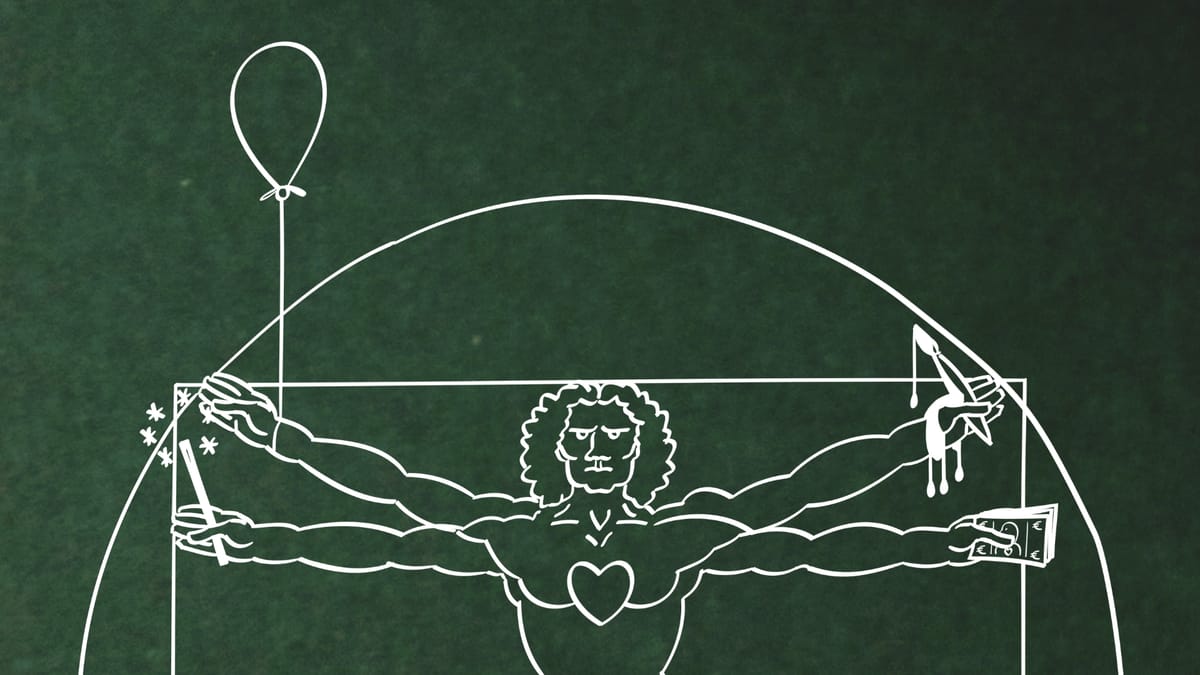Why Rewards Make Us Stupid 🧪 And What Actually Makes Us Smart

In the previous post we shared a video showing how we lose the creative genius we’re all born with—and why it’s never really gone. In this one: how do we transcend tunnel vision and truly come alive?
Another (bad) word about competition
(to supplement the one I gave in the previous post)
Deep down, I don’t believe any of us wants to drive humanity into stupidity. Yet most grown-ups keep insisting that competition is the engine of prosperity, even as research keeps proving otherwise.
Study upon study confirms that rewards and bonuses—i.e., our building blocks for competition—only ‘work’ for easy tasks with simple frameworks and concrete goals. As soon as a job becomes even slightly challenging, rewards and punishments tend to paralyse rather than encourage.
And it gets better.
The bigger the reward, the more blindly we chase it.
Why?
Because rewards and punishment, or ‘extrinsic motivation’, narrow our gaze. With a juicy carrot in front of our faces, we tend to see nothing but the carrot. We close our eyes to creative avenues towards a set goal... and forget to ask a valuable question: ‘Is the set goal the best goal?’

Now, for the devil’s advocate:
Even those who believe our societies need reliably compliant citizens shoot themselves in the foot with extrinsic motivation. The more people are rewarded for something, the more they tend to lose interest in the actions required to earn the reward. Dozens of studies among people of different ages, genders and cultural backgrounds came to this or a similar conclusion.¹
To boot, we humans tend to have this annoying trait: not always—or just never—doing as we’re told. A big portion of humans who grow up constantly hearing ‘Well done!’ or ‘Shame on you!’ will, at one point, start rebelling, sabotaging, and even fighting their fellows.
In short, good workhorses, rewarded for their work, become bad workhorses.

The good news
As for flourishing, so for giving.
Intrinsic motivation is probably called intrinsic motivation because, deep down, we all want to give and contribute. What we don’t want—again, deep down—is to work on things that feel useless, that destroy value, and/or deny our innate genius.
Career analyst Dan Pink dove deeply into the subject of motivation. Aided by numerous studies that produced the same results for forty years, he identified three factors that genuinely fuel us, engage us, and make us adopt an inventive attitude:
- Autonomy—the freedom to direct our lives and work
- Mastery—the space to practice, experiment, and fail (because we only learn by continuing, falling, getting up, and trying again)
- Meaning—‘What I do adds value.’
In the video below, he explains why incentives designed to sharpen thinking and accelerate creativity do precisely the opposite—and how science confirms what many of us already know in our hearts.
» Find out more, freely read the fully illustrated version, access the audiobook chapters and find the Dutch-language book here.
» Learn about the core premise and conclusions of the no-economics-class chapter in this post on this platform.
💡 Missed the first two posts in this 3-part series? Here they are:


Note:
¹ For a summary of such research, check Alfie Kohn’s book Punished by Rewards, to which he refers extensively in his book Unconditional Parenting, which is featured in the first post of this three-part series.




Member discussion